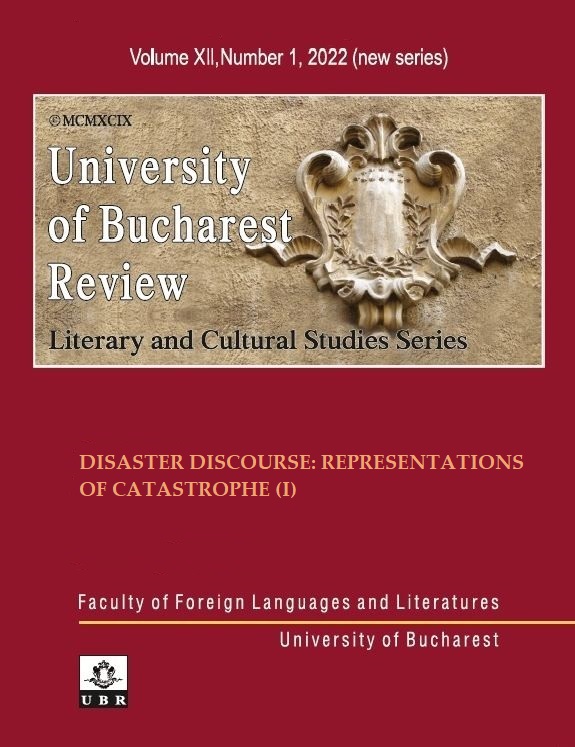War as Disaster in the Novels of Ismail Kadare
War as Disaster in the Novels of Ismail Kadare
Author(s): Soham Mukherjee, Roy MadhumitaSubject(s): Political history, Recent History (1900 till today), Albanian Literature, Studies in violence and power
Published by: Editura Universităţii din Bucureşti
Keywords: disaster; war; Ismail Kadare; Albania; cultural identity;
Summary/Abstract: The term “disaster” has, over recent years become associated with war, especially the Second World War and the massive global devastation it caused. This devastation was not only human and material, but also cultural. War is a common theme in Albanian writer Ismail Kadare’s oeuvre. As a young boy, Kadare lived through the Second World War in his home town of Gjirokaster, which was alternately occupied by Italy, Greece and Germany. He writes about life in wartime Gjirokaster in the semi-autobiographical novel Chronicle in Stone(originally published in 1971) and the much more politically charged The Fall of the Stone City (originally published in 2008). The war ended with Enver Hoxha’s Albania pledging loyalty to Stalin’s USSR. This, for Kadare, at least, was akin to vassalage to the Ottomans which began with the defeat of the united Balkanarmy in the first Battle of Kosovo in 1389. This battle is represented in Three Elegies for Kosovo (originally published in 1998). Each of the three novels deals with two moments of disaster for the nation – the beginning of Hoxha’s Soviet supported Stalinist dictatorship at the end of World War II and Ottoman occupation after the first Battle of Kosovo. Both of these moments brought about drastic changes in Albanian life and culture which haunt the nation to this day.
Journal: University of Bucharest Review. Literary and Cultural Studies Series
- Issue Year: XII/2022
- Issue No: 1
- Page Range: 120-134
- Page Count: 15
- Language: English

